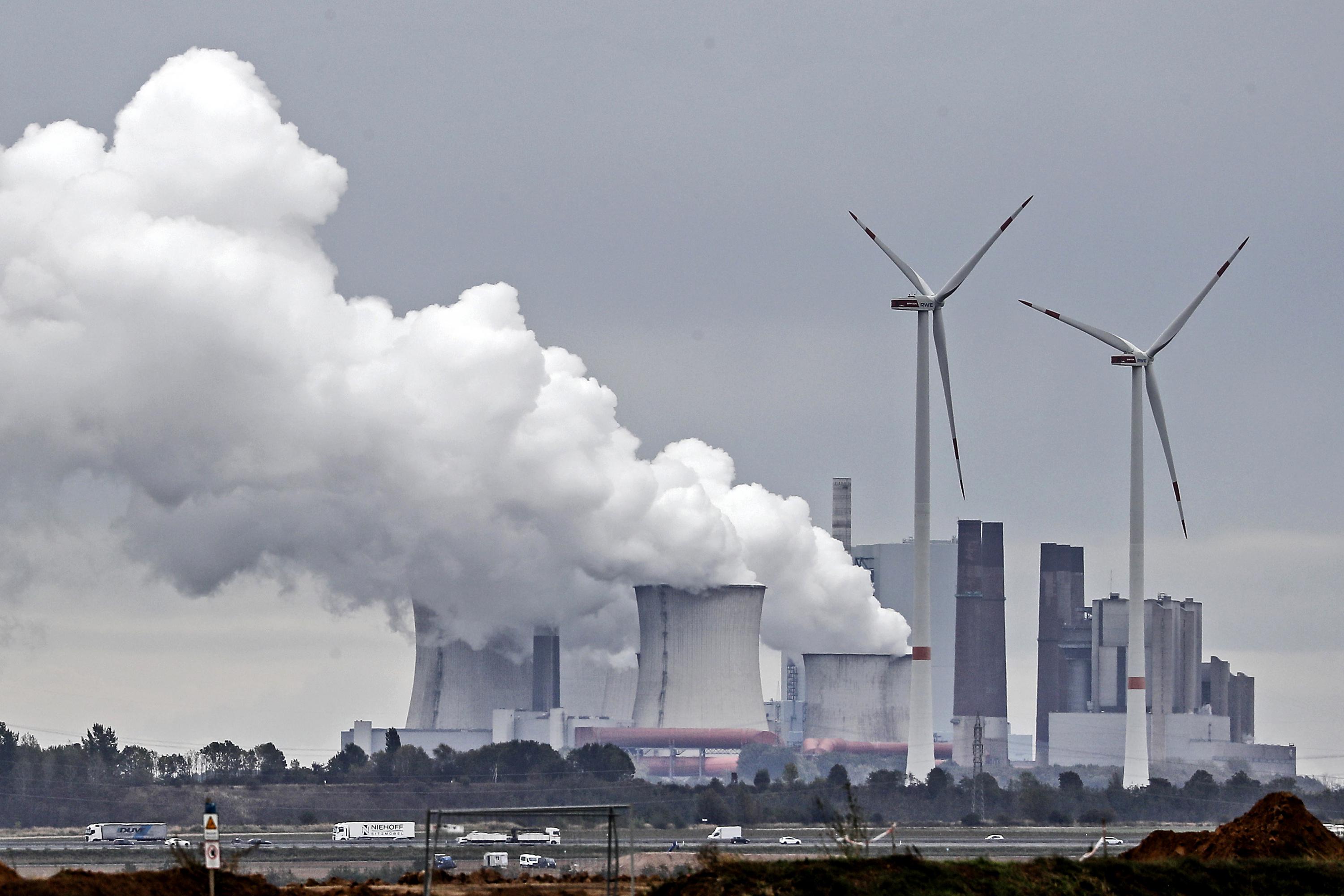2304
0
The German government has approved a new plan to reduce emissions
The German government has approved a new plan to reduce emissions. Germany wants to reduce emissions by up to 65 percent.

Yazar: Tom Roberts
Yayınlanma: 13 Mayıs 2021 17:43
Güncellenme: 2 Mart 2026 22:35
The German government has approved a new plan to reduce emissions
German Chancellor Angela Merkel's cabinet on Wednesday approved draft legislation that addresses much more ambitious targets for reducing carbon dioxide (CO2) emissions following a Supreme Court ruling last month. This was stated by a source from the government, who did not want to be named. According to new plans drawn up by the cabinet at a time when the Greens are conducting polls before the September parliamentary elections, Germany will reduce its CO2 emissions by up to 65 percent by 2030 compared to 1990, instead of 55 percent in the previous plan. Europe's largest economy will also aim to achieve near-zero emissions by 2045. That is five years earlier than originally planned. The German Constitutional Court ruled in April that Merkel's government had not indicated how it wanted to reduce carbon emissions after 2030, when plaintiffs, including North Sea islanders, questioned the 2019 climate law over rising levels. The draft of the new legislation must go to parliament for approval. Merkel's coalition, made up of its Conservatives and Social Democrats (SPD), has made rapid progress in preparing new plans to limit the damage resulting from the court ruling. Both sides are trying to show a determination to protect the climate and not allow the Greens to dominate this agenda. The 2019 Act provided for a reduction in CO2 emissions of at least 55 percent by 2030 compared to 1990 levels and a net zero CO2 value by 2050. Achieving the new goals will be a challenge for Europe's largest economy with a huge manufacturing sector. Although German emissions are already about 40 percent lower than in 1990, experts point out that the shutdown of high-emission factories in the former communist east after the unification of the country has a large share in this.İLGİLİ HABERLER





European stocks soared and focus shifted to German retail sales after Powell's speech!

Forex Signal For TRY/USD: Inflation Slowdown in November.

Forex Signal For GBP/USD: Bullish Trend Still Not Breaking While Recovery Continues.

Forex Signal For EUR/USD: Starry US Data Points to Higher Fed Increases.

Forex Signal For BTC/USD: Downside Continues as Bitcoin Recovery Moves Less.
En Popüler Haberler
Yorum Yap
Yorumlar
Henüz yorum yapan yok! İlk yorumu siz yapın...